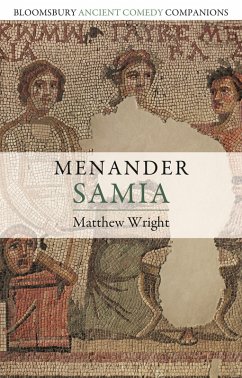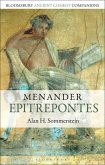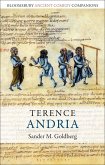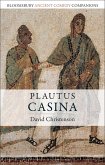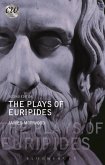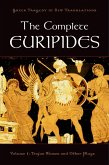Matthew Wright brings Menander's Samia to life by explaining how it achieves its comic effects and how it fits within the broader context of fourth-century Greek drama and society. He offers a scene-by-scene reading of the play, combining close attention to detail with broader consideration of major themes, in an approach designed to bring out the humour and nuance of each individual moment on stage, while also illuminating Menander's comic art.
The play dramatizes a tangled story of mistakes, mishaps and misapprehensions leading up to the marriage of Moschion and Plangon. For most of the action the characters are at odds with one another owing to accidental delusions or deliberate deceptions, and it seems as if the marriage will be cancelled or indefinitely postponed; but ultimately everyone's problems are solved and the play ends happily. Samia is one of the best-preserved examples of fourth-century Greek comedy: celebrated within antiquity but subsequently lost for many years, it miraculously came back to light, in almost complete form, as a result of Egyptian papyrus finds during the 20th century.
The play dramatizes a tangled story of mistakes, mishaps and misapprehensions leading up to the marriage of Moschion and Plangon. For most of the action the characters are at odds with one another owing to accidental delusions or deliberate deceptions, and it seems as if the marriage will be cancelled or indefinitely postponed; but ultimately everyone's problems are solved and the play ends happily. Samia is one of the best-preserved examples of fourth-century Greek comedy: celebrated within antiquity but subsequently lost for many years, it miraculously came back to light, in almost complete form, as a result of Egyptian papyrus finds during the 20th century.

